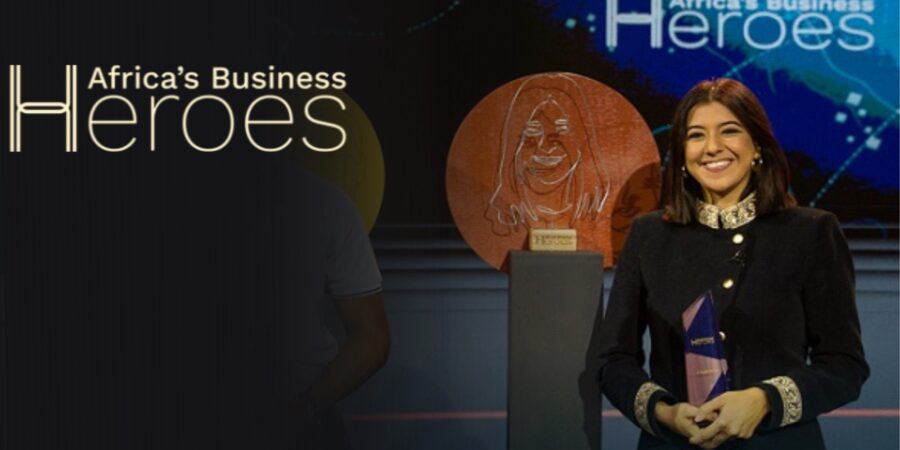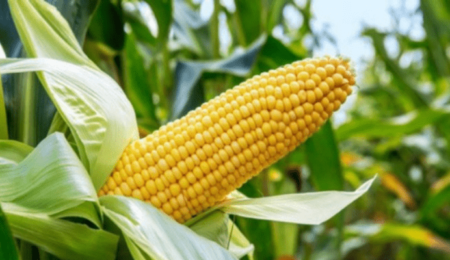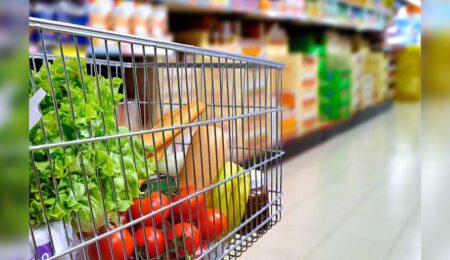Motherhood is a profession as old as creation. But many parts of the world still undervalue its strength today.
In Egypt, for example, birth rates have been falling for years. As of 2020, there were approximately 23 births per 1000 people in a year. You might draw a straight line between this fact and how up until a few years ago, the country had minimal support for mothers online. “When I gave birth to my son in 2015, I couldn’t find any credible support platforms for mothers here in Eygpt. No one seemed to care to give moms the adequate information, knowledge, and emotional support,” says Nadia Gamal El Din, founder of Rahet Bally, an all-inclusive platform for mothers. This necessary gap would ignite Nadia’s commitment to building a support community for mothers across North Africa.

Created in 2015, Rahet Bally is a helpful platform that assists Egyptian mothers at various stages of motherhood. The platform provides online femtech services and on-ground facilities that help with finance, physical health, social support, and emotional well-being. Rahet Bally has various sections and many different products and services to make life easier for mothers. For instance, in their finance and economic sections, they offer discounts on hospital and clinic visits, schools, real estate, and transportation. For 300 Egyptian pounds a year, moms can give their kids a better life without breaking the bank.
The second vertical provides support for moms’ physical health through both in-person and online fitness and wellness facilities, along with babysitting activities for babies who are 40 days or older. Additionally, Rahet Bally hosts two big family festivals each year that attract around 20,000 mothers from across Egypt. At the festival, they offer activities that ensure all family members can have fun. “We partner with Egyptian brands that have mothers as a part of their audience, who then offer them an incredible experience,” says Nadia.

The name, Rahet Bally means peace of mind in Arabic, which is what Nadia was gunning for the day she conceived and birthed the platform. Nadia had just given birth to her son and was anxiously seeking help as she was a first-time mom. “I had so many questions with very little to no answers. My friends hadn’t given birth yet, I didn’t have siblings, and my mother couldn’t remember what she used to do with me as a baby. So I was very lost, confused, and upset,” Nadia recalls. Frustrated by the lack of credible support platforms for mothers in Egypt, Nadia decided to take matters into her own hands. “Even though motherhood is the oldest profession and part of life, no one had cared enough to give moms adequate information, knowledge, and emotional support that they need,” she explains. With the birth of her son also came the birth of a platform that would go on to impact millions of mothers across the continent.
Nadia immediately created a Facebook page, frequently onboarding doctors and experts she encountered during her post-partum checkups. “I would take my son to the hospital, and while I waited in the waiting area, I would let them know I wasn’t coming in as a patient. Then I would pitch my idea to them,” she recalls. The platform connected Egyptian mothers with professional medical support that was free and available 24/7, and within a little over a month, it had grown to over 20,000 mothers. “It started with me wanting to support other moms going through the same journey from the bottom of my heart,” says Nadia.

In 2019, the Jack Ma Foundation created Africa’s Business Heroes Prize Competition to support outstanding African entrepreneurs with a $1.5 million grant. Over 10 years, the program aims to recognize 100 entrepreneurs and provide them with funding, training, and other support. So far, Egypt has had the largest number of winners, with 5 top 10 finalists who won over $795,000 in grant funding. Last year, Rahet Bally, participated in the competition and won 3rd place, along with a $150,000 grant prize.
According to Rafeh Saleh, founding partner of Cubit Ventures and ABH judge, “Rahet Bally is special and produces high-quality content that meets the needs of its target audience in the MENA region.” Rafeh Saleh, who has been a crucial part of the competition’s success as an esteemed ABH judge for three consecutive seasons, says resourcefulness and resilience are two qualities that set successful entrepreneurs apart. “Entrepreneurship is a marathon, not a sprint,” he says. “We look for founders who have an unshakable belief in their mission and who can build an amazing team aligned with that mission. Successful entrepreneurs learn how to balance meticulous execution without losing sight of medium to long-term strategy.”
Participating in the ABH competition was a game-changer for Rahet Bally. The prize money set the pace for building the Rahet Bally super app. “It also gave us great exposure on social media and allowed us to network well with different entrepreneurs across Africa for synergy,” Nadia says. A recent ripple effect is a Rahet Bally partnership with South Africa, where Rahet Bally provides child-need products to support moms with kids with special needs. “Through the program, I got to travel to Kenya, Rwanda, and Johannesburg. Those trips helped us realize a lot of opportunities that we are exploring right now,” she adds.
In addition to the grant, the competition provided mentoring, networking, and publicity opportunities for the platform. “From one year to the next, we are seeing more advanced founders and businesses cutting across multiple markets and sectors and applicants of varied backgrounds and age groups working on a variety of tech and non-tech solutions solving acute social and economic problems,” says Rafeh Saleh.
Most notable is the growing percentage of women founders applying to the competition and progressing to the final round. Eygpt alone has recorded four female finalists in the last three years. In Africa, funding for female company founders remains low, despite Africa having one of the highest rates of female-led businesses. According to Zahra Baitie-Boateng, ABH’s head of partnerships and programs, 50% of ABH’s top ten have been female. “We have been able to attract and support female entrepreneurs throughout the application process,” she notes in a recent interview with Ventures Africa.

For Nadia, and the Rahet Bally team, the entire journey has been as life-changing. When she started Rahet Bally, she had just left a more stable marketing job at Procter and Gamble and was faced with a lot of judgment. People would say things like, “Why are you ruining your career? Mothers have been here forever, what impact could you possibly make? Mothers are just fine, they don’t need you,” Nadia recalls. Today, Rahet Bally is home to over 74 million mothers on the continent. With a 98% women-led team, the company is expanding its hybrid model across Africa and building a super app for moms. I tell entrepreneurs to not be afraid to take leaps. “Like my grandma used to say, challenges are the best thing you can have. A day without a problem is the day you learn nothing. You just have to keep pushing one a day and if you never quit you never fail. So, don’t be lazy to fill out the ABH application. Just do it. Travel, learn, and explore,” Nadia adds.
A crucial part of ABH’s success is a group of esteemed judges who not only evaluate but also inspire entrepreneurs broadly. The competition is looking to expand its pool of judges to support the contestants further on their ABH journey. Seasoned entrepreneurs, venture capital firms, academics, and business professionals from all sectors are invited to join the ABH community of judges here (https://apo-opa.info/3HbA9AA).





